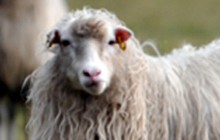
Animals and the Sacred
Examining the ways animals are central to the symbolic representation and language of almost every religious tradition.
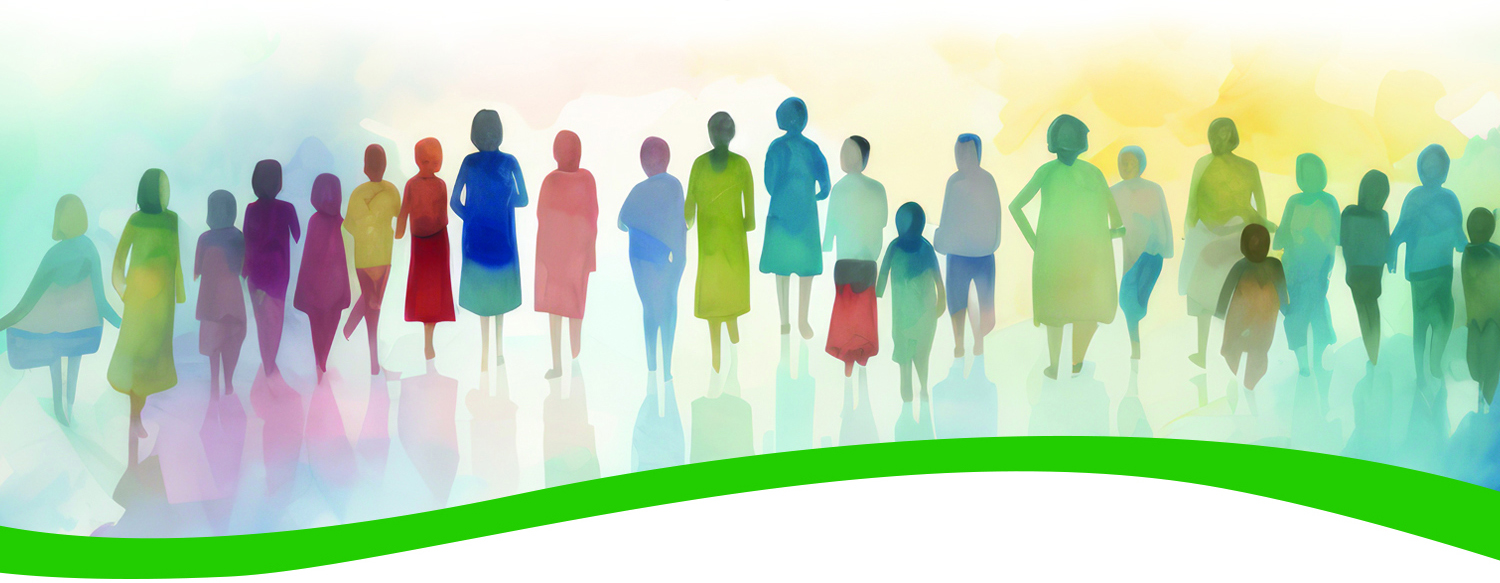
Our students learn to discern the role of religion for individuals, cultures, and societies. They study and compare the myths, symbols, and rituals of various religious traditions from an outsiders’ stance, in a context of free inquiry.
Through our religion studies curriculum, students learn to read closely, think critically, discuss insightfully, and write analytically — resulting in a graduate with skills for responsible participation in their diverse local and global communities.
These skills are the heart of a liberal arts education.

Examining the ways animals are central to the symbolic representation and language of almost every religious tradition.
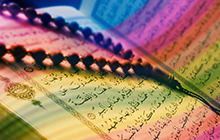
Examining constructions of gender and sexuality in Islam and considering how Muslim women today are challenging the patriarchal structures of authority.
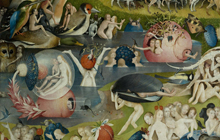
Examining the ways the apocalyptic imagination continues to resonate, addressing persistent human questions of violence, imperialism, identity, and technology.
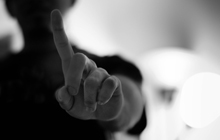
Exploring the issues that surround monotheism and how the idea of one God has shaped the development major world religions today.
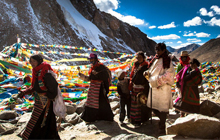
Investigating modern theoretical interpretations of sacred journey, and examining ethnographic accounts of pilgrimage.
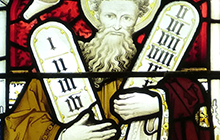
Introducing students to the Hebrew Bible as a repository of ancient Israelite traditions, developed and shaped in specific historical and social contexts.
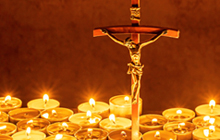
Engaging the variety in the tradition through the exploration of rituals and beliefs held by different Christian communities around the world and through time.

Looking comparatively at the texts of a variety of traditions, considering their content, context, what is included, what is left out, and who decides.